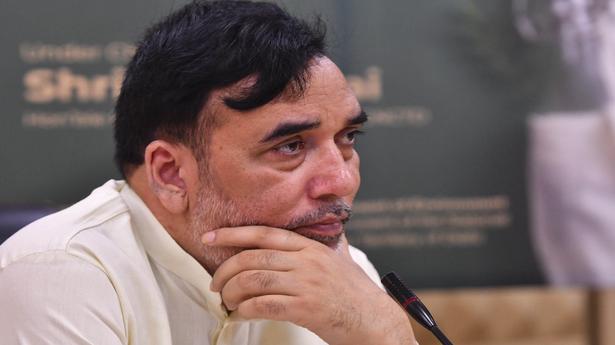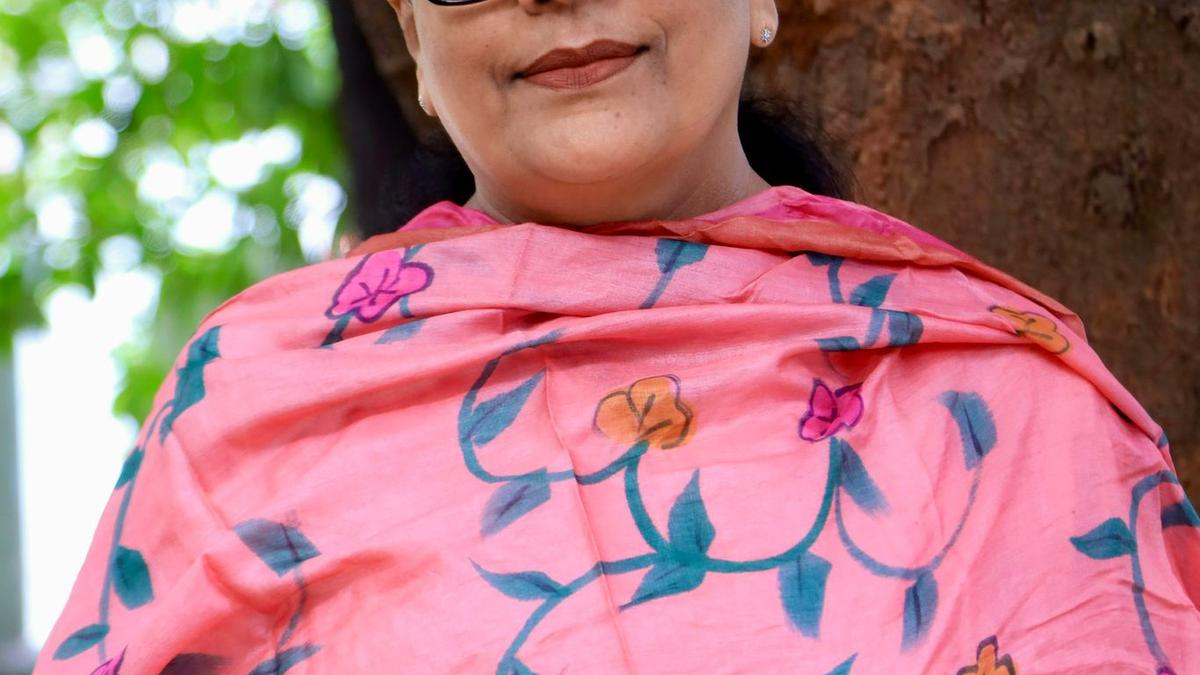A recent survey on governance and development in the State brings out the importance of the economic plight of the people
A recent survey on governance and development in the State brings out the importance of the economic plight of the people
When Narendra Modi entered the national political arena in 2013-14, he was portrayed as the mascot of the Gujarat model of development. Now, nearly a decade later, do memories of that model resonate with the Gujarati voter? As Assembly elections approach, do the voters of Gujarat still take pride in that memory?
Primary concerns
A recent survey of governance and development in the State, conducted by Lokniti-Centre for the Study of Developing Societies (CSDS), vividly brings out the actual economic plight of the people rather than the mere symbolism of the Gujarat model. Responding to an open-ended question (where answers were not prompted), two-thirds of the voters spontaneously mentioned two issues that they would consider at the time of voting: price rise and unemployment. Between them, price rise was the more commonly listed issue with over half the respondents mentioning it.
Five years ago, when the Bharatiya Janata Party (BJP) won the Assembly elections, even after Mr. Modi’s departure to Delhi, only one in seven had mentioned price rise as the main issue. In fact, in 2017, the perception of the voters was far more lacking in focus (Table 1). Today, besides half the voters mentioning price rise and another 15% mentioning unemployment, 6% also mentioned poverty as an issue. This takes the tally of economy-related issues to over seven out of 10 respondents. Thus, there is every likelihood that the ruling party in the State will have a lot of explanation to offer to the voters on the economic situation in the State in the coming election.
While it is not extraordinary for voters to mention unemployment and/or poverty as their main issues, the current concern over price rise far outnumbers similar concerns in some other States that recently went to the polls (Table 2). This concern is almost uniformly felt among most sections of Gujarati society. Half the urban respondents mentioned the issue and a little over a half of those in rural areas spoke of it.
How this concern plays out during the campaign and what it means when voters finally vote is another question. It will take extraordinary political skills for the BJP to induce the voters to forget their main concern about the economy just as it requires innovative strategies by the Opposition to make the voters believe that the ruling party is responsible for the economic condition. Evidence of the last few elections suggest that the Opposition has failed in its attempts to pin the blame on the ruling party for both price rise and unemployment and convince voters of the same.
Two subtexts are likely to intervene in this apparently straightforward story of the economy cornering the ruling party. One, while voters think of price rise spontaneously, much would depend on the menu of issues that would be offered through the campaign. As Table 3 shows, besides economy, there is considerable salience to the idea of ‘change’ when it is offered as one of the specific issues during this election. However, Hindutva too appeals to half the respondents as an election issue.
The second subtext is that the overall assessment of the performance of the State government and the reporting on the benefits of various schemes reaching the voters are robust. The ruling party may therefore choose to focus on performance to sidetrack the possible negative perceptions about the economy.
An important question
These subtexts lead to an important question. When it comes to making a choice on election day, what are the various factors that influence voters’ choice? While surveys have indicated time and again that price rise and unemployment are the most critical issues in the mind of the voters, do they choose to stick to their native sense about the economy or does the election become much more complex with sociopolitical interventions and issues taking a front seat? Do economic factors matter for the common people, but take a back seat on election day as there are other priorities that determine electoral choices?
The answer to this question will largely determine the direction of the voters’ choice in Gujarat.
Suhas Palshikar taught political science and is chief editor of Studies in Indian Politics; Sandeep Shastri is Vice Chancellor at Jagran Lakecity University, Bhopal, and the National Coordinator of the Lokniti network; and Sanjay Kumar is Professor and Co-director, Lokniti-CSDS




